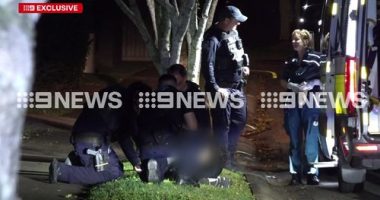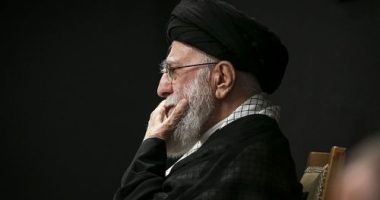Share this @internewscast.com
The Trump administration this week persisted in asserting that symbols tattooed on the fingers of Kilmar Abrego Garcia – a cross, a skull, a smiley face, and a marijuana leaf – serve as evidence that the individual they mistakenly deported to El Salvador is affiliated with MS-13.
But gang experts disagree, telling CNN that the tattoos alone are not proof of membership in the gang.
“I see a bunch of symbols that could be interpreted any number of ways,” Jorja Leap, a University of California, Los Angeles professor who has served as an expert gang witness in court, mentioned to CNN.

She added that, for some members, especially children or teenagers who become involved in gang life, the tattoos function almost like brands to signify the gang’s ownership over the person with the ink.
“The leadership wanted to be known as this brutal, lethal, take-no-prisoners gang,” she said. “So, the use of tattoos is part of that overall culture of defiance, while other gangs will say, ‘Let’s go more low profile.'”
During a 2019 arrest, Abrego Garcia was wearing a Chicago Bulls hat and a hoodie with the motif “see no evil, hear no evil and speak no evil,” which the administration said was also indicative of his membership in a gang. Leap said the Bulls hat can carry some gang connotations, but she added: “I can’t emphasise this enough – it is not definitive.”
“I think the key thing is that you cannot judge this,” Phillips said. “We cannot be judging this. This should be judged in the court of law here in the United States.”
“In this case, the image of Trump with the pictures is more powerful than the meaning of the tattoos itself.”












